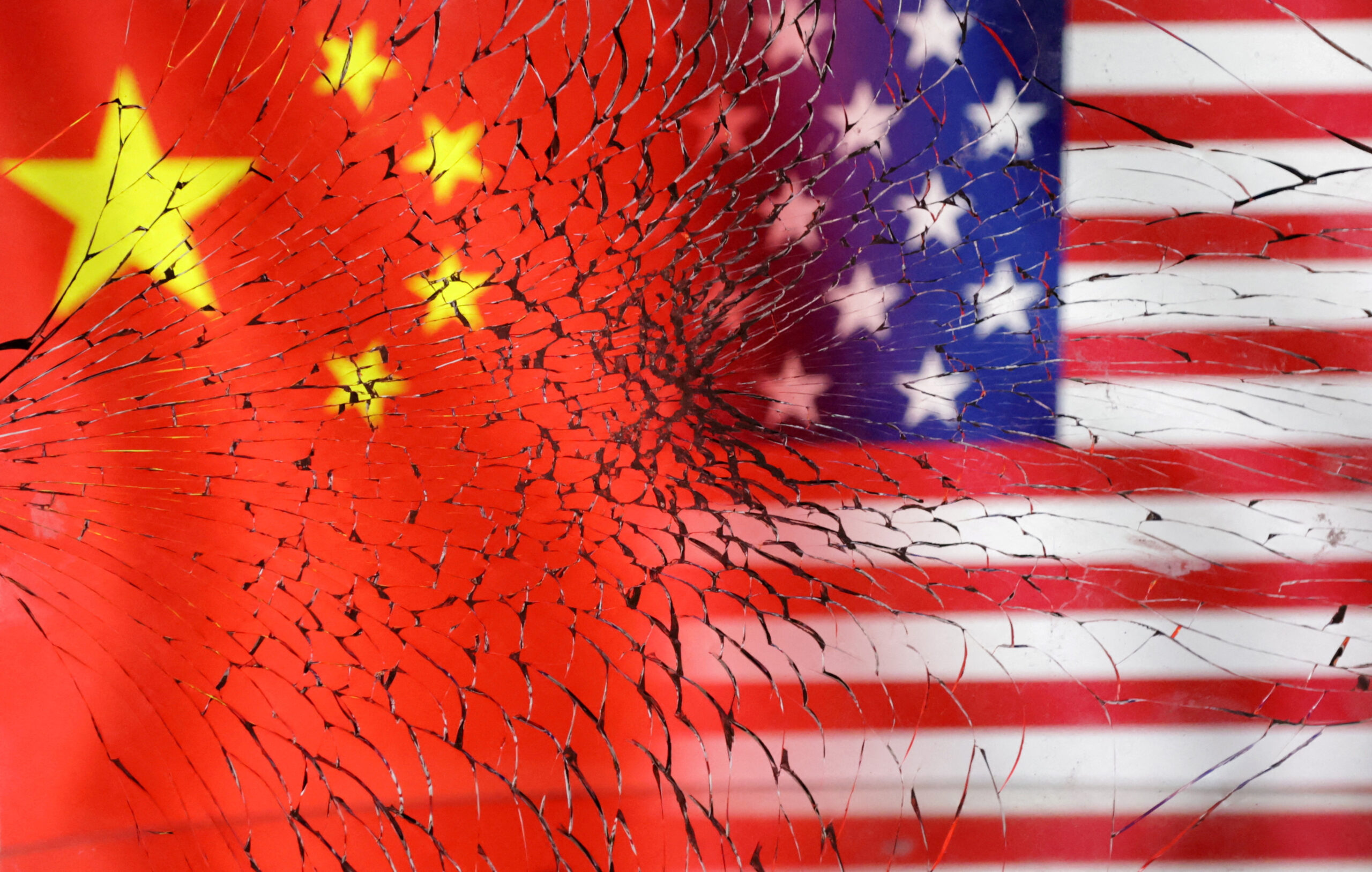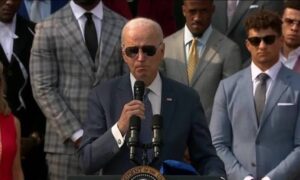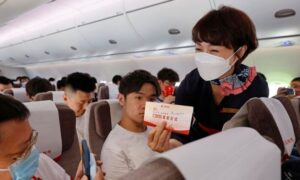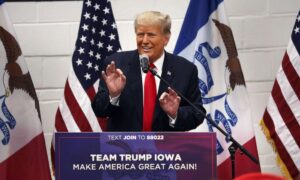SHENZHEN, China, May 31 (Reuters) – For the ambitious Chinese tech entrepreneur, expanding into the U.S. just keeps getting harder.
Before 2019, there were not many significant obstructions to having a Chinese organization that carried on with work in the U.S. from China. However, in the midst of raising U.S.- Sino exchange pressures, especially after Washington slapped sanctions on telecom monster Huawei (HWT.UL), a few Chinese firms started setting up base camp abroad – moves that could be useful to them draw less U.S. government consideration.
Commercial · Look to proceed
Presently, some central area China tech entrepreneurs say they need to go further and acquire extremely durable residency or citizenship abroad to stay away from the checks on and the predispositions against Chinese organizations in the US.
Shenzhen-based Ryan, who declined to give his family name because of dread of responses in China, says his three-year-old programming startup has arrived where it would be normal to extend in the U.S. – the world’s greatest economy. His firm as of now has 1,000,000 clients in East Asia and a solid base in North America.
In any case, he’s unnerved by the U.S.- China exchange disagreements and the limitations on a developing number of Chinese organizations that have been forced, or are being proposed, by U.S. administrators.
Promotion · Look to proceed
“It’s extremely unjustifiable,” he said, mourning that contenders from different nations didn’t confront comparable issues while attempting to venture into the US.
“We closely resemble the filling sandwiched in a bread roll.”
His answer? He’s attempting to acquire extremely durable residency in another Asian country.
Reuters addressed seven tech business visionaries from central area China, the greater part of them taught abroad, who might want to extend their organizations in the US. All are attempting to acquire long-lasting residency or citizenship somewhere else, with most investigating a scope of choices including Hong Kong, Canada, Japan, the US and Singapore.
Of the seven business visionaries, three consented to be distinguished by their English first names just while the others mentioned total secrecy, all refering to worries about repercussions inside China. They additionally asked that their organizations not be depicted exhaustively.
Ad · Look to proceed
COLDER SHOULDERS
While U.S.- China strains might have been given new catalyst under the Trump organization which exacted levies extensively and forced sanctions on Huawei, the rubbing has proceeded with unabated under President Joe Biden as the two nations strive for worldwide tech pre-distinction.
Significant flashpoints incorporate U.S. trade controls on chips and information security worries that have seen ByteDance-claimed TikTok restricted on U.S. government gadgets and out and out by the territory of Montana. As far as it matters for its, China as of late hindered key ventures from utilizing Micron Innovation (MU.O) items and has tried to get control over unfamiliar consultancies and an expected level of investment firms.
International strains have implied an undeniably less cordial environment for central area Chinese organizations needing to work or acquire subsidizing in the US, the business visionaries and experts say.
“The political account in Washington DC and in many state capitals depends on the confusion that all Chinese organizations are entwined with and taking heading from the Chinese government and the Chinese Socialist Coalition,” says James McGregor, director for More noteworthy China at U.S. correspondences consultancy APCO Around the world.
The U.S. Business Division didn’t answer a solicitation for input on perspectives towards Chinese organizations inside the US.
China’s unfamiliar service said in an explanation that a few Western nations need to “politicize innovation, setting up hindrances to ordinary innovation and exchange participation, which benefits neither side, and unfavorably influences worldwide mechanical headway and monetary development.”
Turning out to be LESS CHINESE
However, regardless of whether venturing into the US has turned into that a lot harder, it is as yet the ultimate objective for the majority of the business people Reuters addressed. Zeroing in on the homegrown market is not really an alluring choice regardless of its size, they added.
A two-year administrative crackdown on China’s once-freewheeling innovation area from late 2020 – which covered with draconian zero-Coronavirus checks during the pandemic – has prompted their bafflement with China under Xi Jinping.
“Everything changed during the pandemic,” said business visionary Wilson, who started searching for ways of moving his product startup abroad after Xi won a phenomenal third term the year before.
He expressed that while it was not difficult to carry on with work from China, doubt among Washington and Beijing had become to such an extent that “it’s more straightforward for my representatives, for my investors, assuming I’m out.”
China’s State Chamber of Data Office (SCIO) and unfamiliar service didn’t answer demands for input on endeavors by certain business visionaries to move to another country or their appearances of frustration with China.
Firms looking to rebase seaward and even “de-China” as far as organization character have turned into a pattern, said Shenzhen-based Chris Pereira, who runs business counseling firm North American Biological system Establishment.
Organizations that have noticeably de-underlined their Chinese personality incorporate internet based quick style retailer Shein which has made a Singapore firm its true holding organization. Toward the beginning of May, online business firm PDD Property moved its base camp from Shanghai to Dublin.
Shein declined to remark and PDD didn’t answer a solicitation for input.
Up to this point this year, Pereira’s firm has had around 100 requests from central area organizations looking for help to extend abroad. Pereira said he encourages numerous on the most proficient method to really limit abroad and become piece of a local area rather than simply covering their Chinese personality.
The business visionaries said they were unconvinced by Beijing’s demeanors of help for personal entrepreneurs and were stressed over the deficiency of metro opportunities. Being aggressive in China likewise frequently involves developing binds with the Chinese Socialist Coalition – a stage they are hesitant to take, some of them additionally said.
Tommy, another business visionary, has moved to another country from China, unsettled after government oversight demands concerning his item turned out to be too incessant and meddlesome, driving him to close down the business.
The SCIO didn’t answer a solicitation for input on what oversight means for organizations in China.
Tommy is currently setting up another startup and at last might want to move to the US – that is in spite of having been addressed finally by U.S. customs authorities concerning why he had a U.S. financial balance when on a new excursion for work there.
The U.S. Customs and Boundary Security organization didn’t answer a solicitation for input.
Revealing by David Kirton; Extra announcing by Eduardo Baptista in Beijing and Casey Corridor in Shanghai; Altering by Brenda Goh and Edwina Gibbs
Our Norms: The Thomson Reuters Trust Standards.








































